The Cannes Film Festival is one of the most prestigious film festivals every year. One of the “big three” European festivals as well as “big five” international festivals. Celebrating and showcasing films from many established directors. Known for its world premieres and absurdly long standing ovations, Cannes is one of the most important festivals for film lovers. As it celebrates its’s 75th year this month, it seems appropriate to look back at the history of the festival.
The First Cannes
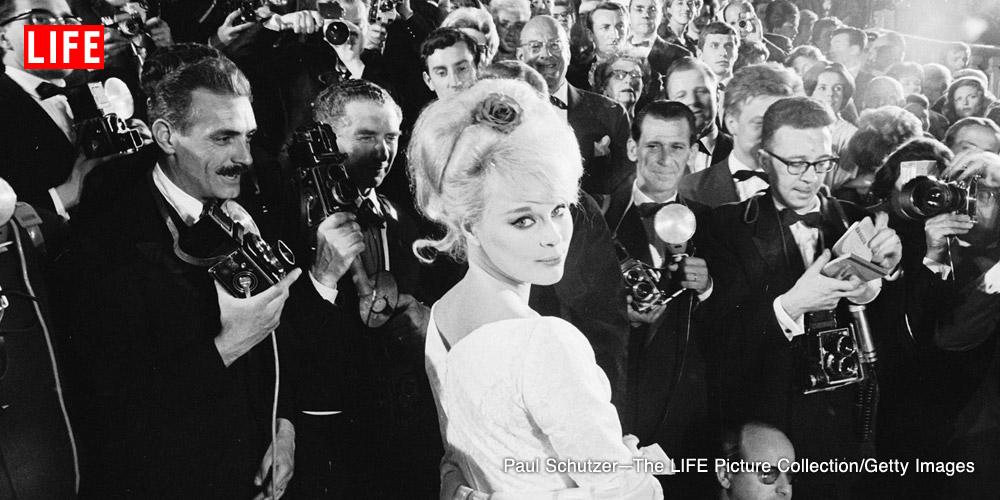
Cannes got it’s start in 1938, as direct competition to the Venice Film Festival, which at the time had heavy fascist leanings. At the 1938 festival, the jurors were overruled to award an Italian war film produced by Mussolini’s son and a German documentary about the 1936 Olympics, produced in association with Nazi Ministry of Public Enlightenment and Propaganda, despite rules meaning documentaries weren’t eligible. In protest, French, American and British jurors resigned. On May 1st 1939, the city of Cannes was chosen to host the festival.
The opening gala took place on August 31st, with a contemporary Hollywood screening of the American The Hunchback of Notre Dame. However, the next day, Germany invaded Poland, suspending the festival. On the 3rd of September, France and the UK declared war on Germany, beginning the Second World War, as a result, the festival was cancelled. When it finally relaunched after the war in 1946, it saw films from 21 different countries for two weeks.
The Rise To Fame
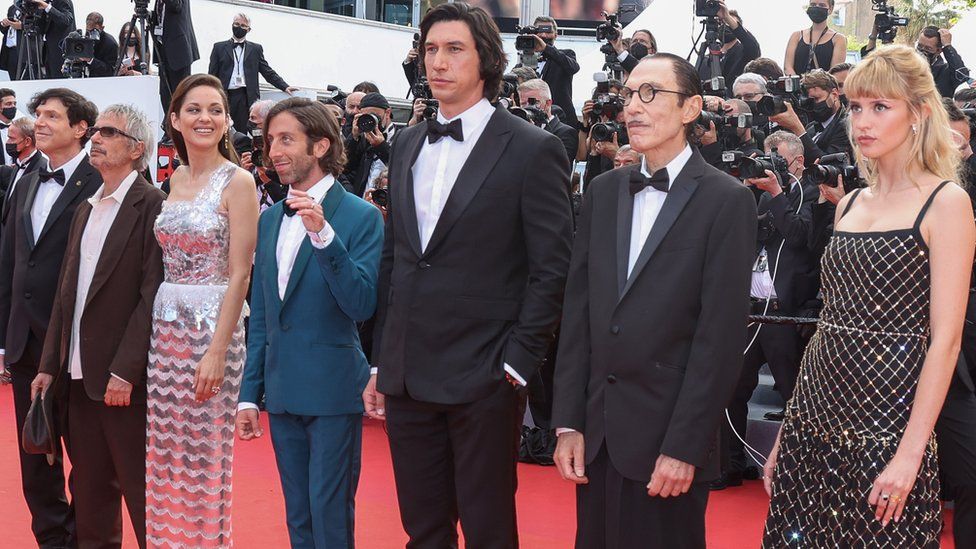
During the early years, the festival attracted attention with high profile stars and the resulting scandals, like affairs. Films from directors like Alfred Hitchcock and Ingmar Bergman helped to establish its credibility and prestige, while the prestige of these films and directors grew due to their association. As the artistic side grew, the festival began to hand out prizes, with annually changing juries handing out the awards each year. The Special Jury Prize was awarded for the first time in 1954, and the Palme d’Or, the festival’s top prize, the following year. Award winners at Cannes often go on to at least awards conversation, with films like Parasite and Pulp Fiction getting a lot of attention.
In 1957, Dolores del Rio was the first female member of the jury. Despite the reputation, some films well regarded films, like Hiroshima, My Love, were excluded from the festival for diplomatic reasons. 1962 saw the introduction of International Critic’s week, which focused on director’s debuts and sophomore efforts, rather than commercial films. The festival was the subject of several protests in 1968, both in support of students and labour on strike in France, as well as protesting the eviction of the president of the Cinémathèque Française, one of the largest film archives in the world.
Marché Du Film

Over the next few decades, many changes would see diplomatic pressures reduced, helping some filmmakers overcome censorship in their own countries. In the 2000s, the festival focused on technological advancements in films, with Cannes Classics, restorations of historical films, debuted in 2004.
Aside from the prestige of the event, one of the other great things about Cannes is the Marché Du Film or Film Market. Responsible for screening and selling thousands of movies each year, the market has run since 1956. Like the festival itself, the market has embraced new technologies. Perhaps most essential of these is Cinando, a massive database, that allows filmmakers to show their films to and chat with distributors. The 2020 edition the festival was conducted virtually, because of the pandemic.
Also Read: Oscars: Ranking The Best Picture Winners of The Last Decade



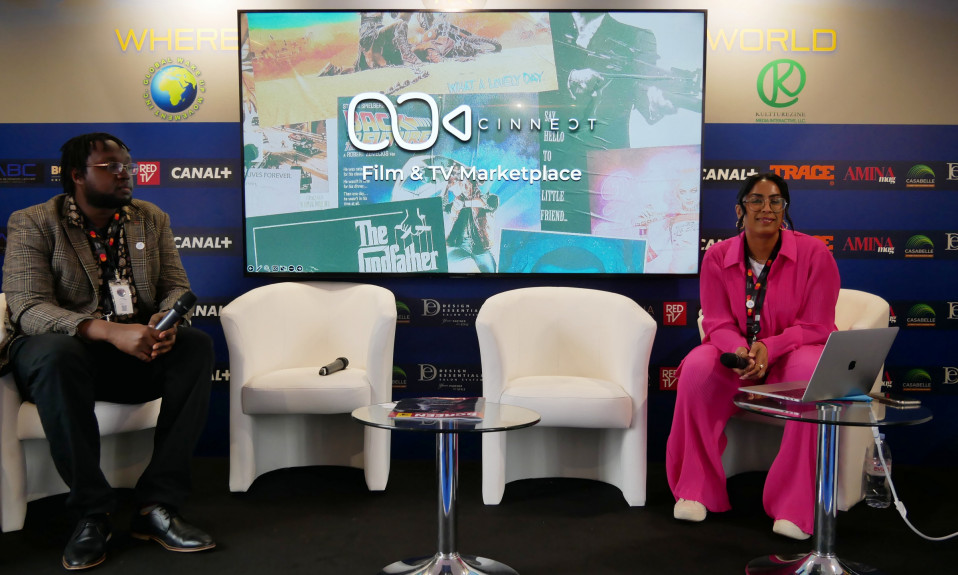
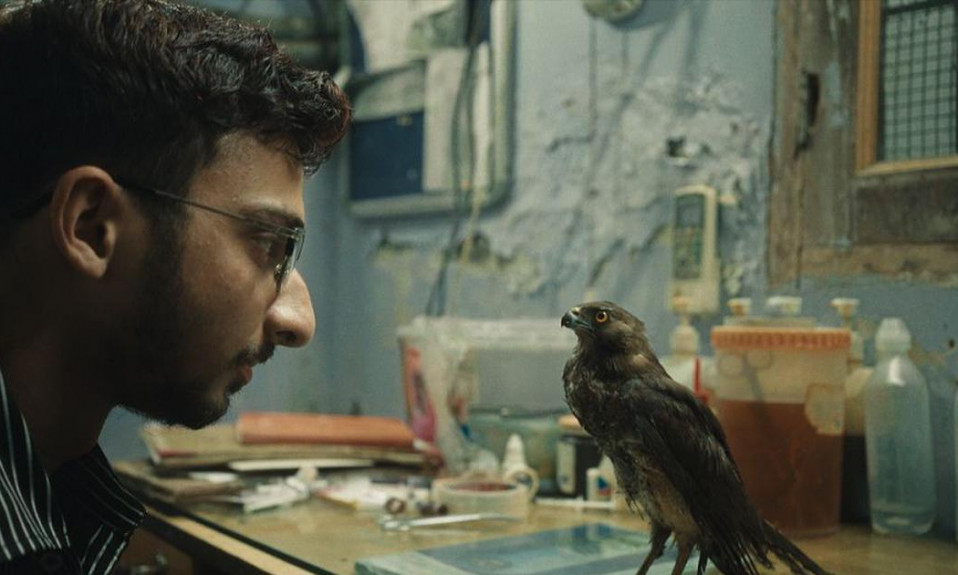
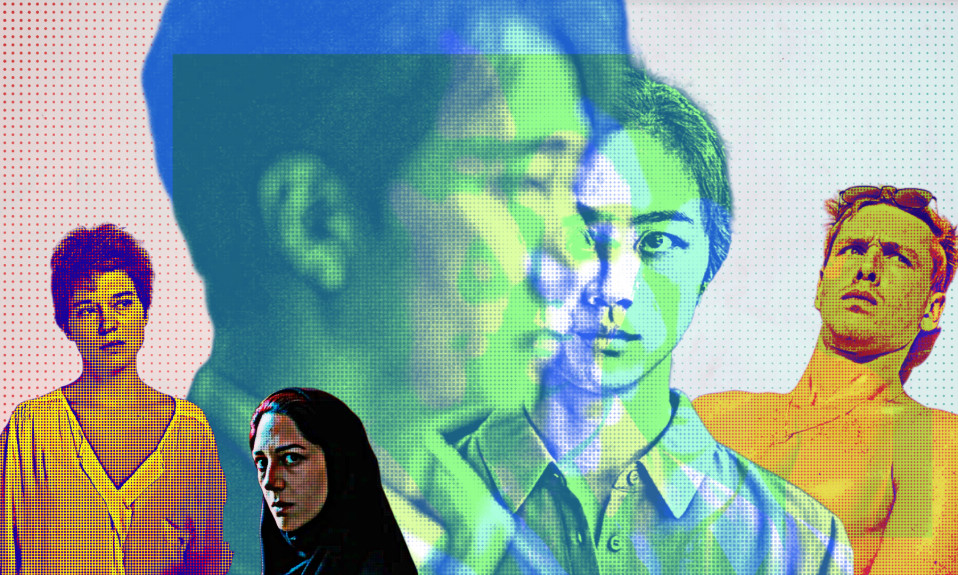








1 Comment
Comments are closed.